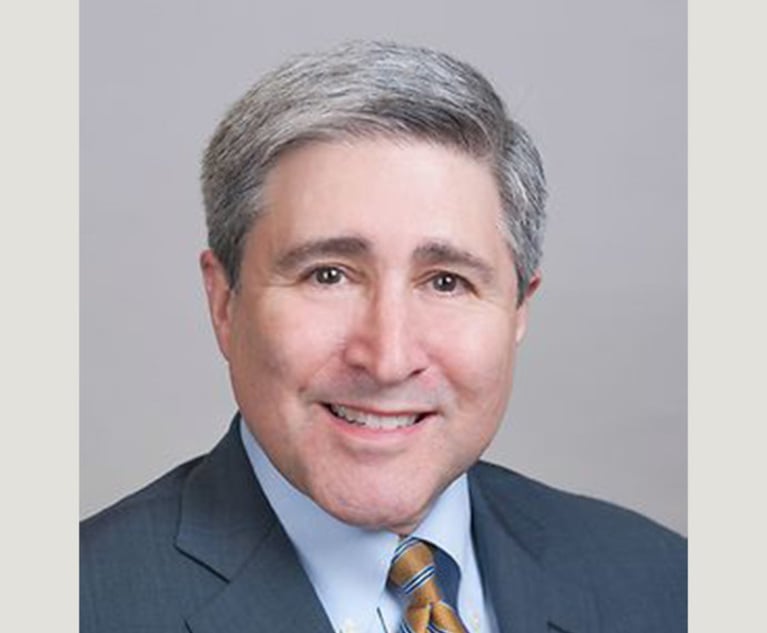As finance executives face a range of challenges in the currentenvironment, they must avoid becoming defensive and instead serveas leaders in the search for solutions, says Ann Marie Petach, CFOand senior managing director at asset management firmBlackRock.
|The hurdles currently confronting finance executives include thesustained volatility in financial markets, historically lowinterest rates, demographic changes, uncertainty about the outcomeof the debt crisis in Europe, regulatory changes in response to thefinancial crisis and risk management challenges, Petach toldfinance executives attending the Alexander Hamilton Best PracticesSummit in New York City.
|Investors and the public at large, including the Occupy WallStreet protestors only blocks away from the conference site inlower Manhattan, are justifiably upset about the impact of thefinancial crisis on their retirement savings and other investments.“The public is not happy,” Petach says. “They expect change.”Finance executives must accept the inevitability of change ratherthan trying to prevent it, she adds
|Petach notes that BlackRock has submitted a number of commentletters to regulators and standard-setting agencies that aremulling how to revise the relationship between issuers andauditors, in part to encourage them to develop an integratedsolution rather than three independent approaches that would bemuch more challenging for companies to follow.
|She encourages corporate finance executives to make efforts toeducate legislators, and points to BlackRock's participation in thecurrent debates about exchange-traded funds as an example. “If wewere defensive and said change shouldn't come about, I don't thinkwe'd get anywhere,” Petach says.
|On the volatility front, the financial crisis that began in 2008highlighted how assets that perform well one year may become nextyear's dogs. “The only asset class that performed relativelyconsistently across this time frame was multiasset class,” Petachsays.
|Finance professionals should also look for ways that theircompanies can benefit from current circumstances, Petach says.“There are some great opportunities to pursue your own strategicobjectives.”
|She cites the low level of interest rates. From an investmentstandpoint, low interest rates are particularly problematic, Petachsays, estimating that public pension funds are underfunded by 30%while households' retirement savings are 40% below where theyshould be.
|However, companies can benefit from the low rates. Petachnotes that BlackRock increased its credit line to $3.5 billionfrom $2.5 billion this year, while extending its maturity to fiveyears. The company also raised $1.5 billion in term debt that itused to buy back its stock from Bank of America and facilitate thebank's sale of shares to the public, increasing its publicfloat.
|“Now we have about 60% of our shares broadly held by public, andwe've become a member of the S&P 500, which we were previouslyexcluded from because of our small float,” Petach says.
|Complete your profile to continue reading and get FREE access to Treasury & Risk, part of your ALM digital membership.
Your access to unlimited Treasury & Risk content isn’t changing.
Once you are an ALM digital member, you’ll receive:
- Critical Treasury & Risk information including in-depth analysis of treasury and finance best practices, case studies with corporate innovators, informative newsletters, educational webcasts and videos, and resources from industry leaders.
- Exclusive discounts on ALM and Treasury & Risk events.
- Access to other award-winning ALM websites including PropertyCasualty360.com and Law.com.
*May exclude premium content
Already have an account? Sign In
© 2024 ALM Global, LLC, All Rights Reserved. Request academic re-use from www.copyright.com. All other uses, submit a request to [email protected]. For more information visit Asset & Logo Licensing.








